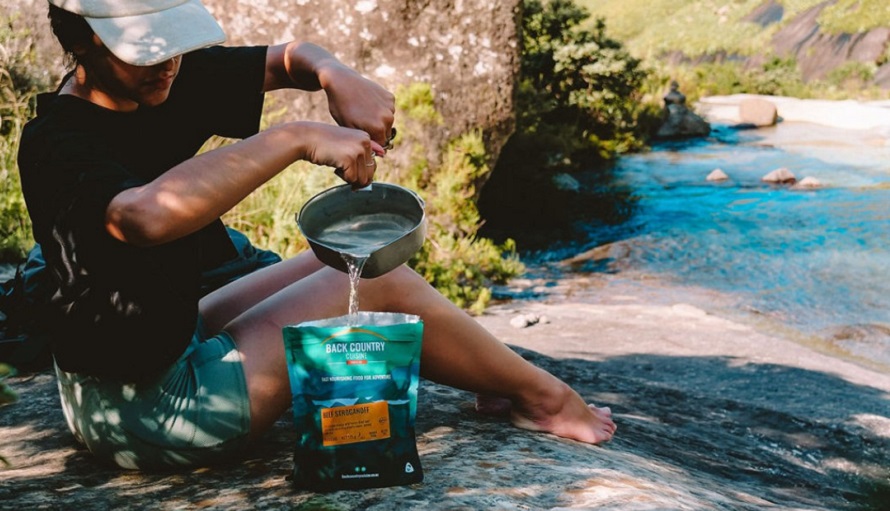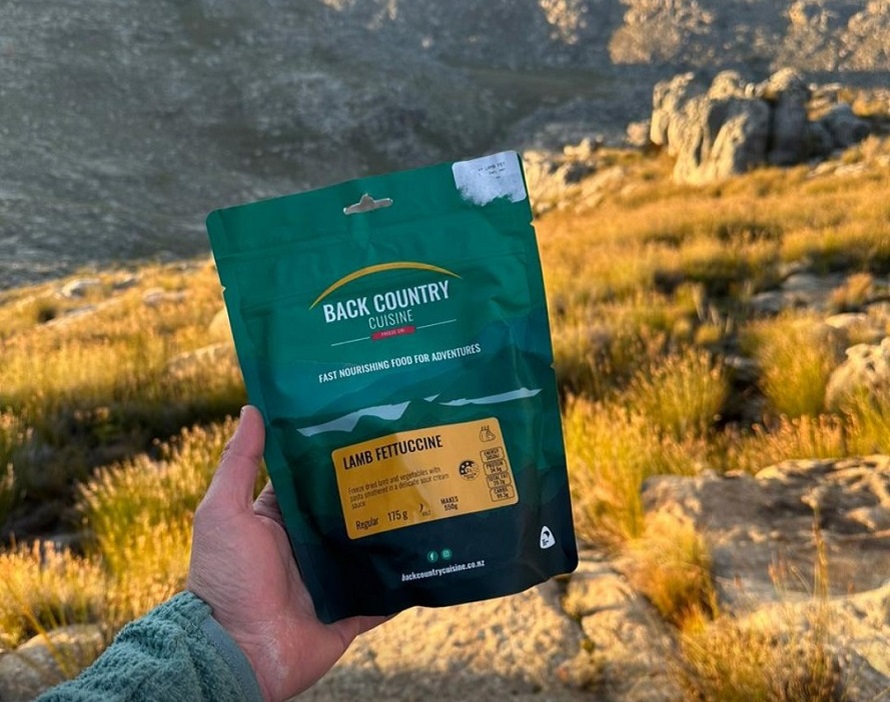Food & Drink
Camping Meal Packs: Convenience, Nutrition, and Taste in the Great Outdoors

Remember the days of bland canned food on your long-awaited camping trip? Or struggling for hours setting up complex cooking setups in the middle of nowhere? Well, luckily, those days are gone. If you are an avid camper, hiker, or backpacker, you can now enjoy the convenience of nutritious and tasty pre packed camping meals. These modern solutions have transformed outdoor dining and settled the issue of a crucial aspect when venturing into the wilderness – having proper food.
What Are Camping Food Packs?

source: facebook.com
Designed with the outdoor adventurer in mind, the pre-packaged, lightweight camping meal packets provide a balanced and nutritious meal without the hassle of extensive preparation or the need for perishable ingredients. The packs typically contain a variety of freeze-dried or dehydrated ingredients that, when combined with hot water, transform into nutritious and tasty meals. From hearty breakfasts to satisfying dinners and even desserts, these food options cater to diverse tastes and dietary requirements.
Why Freeze-Dried Food is a Great Option
Freeze-drying is a sophisticated preservation process that removes moisture from food while maintaining its structure and nutritional value. The process involves freezing the food and then subjecting it to a vacuum, causing the frozen water to sublimate directly from ice to vapour. This method preserves the food’s original shape, texture, and flavour, making it an ideal choice for camping meals.
Lightweight and Portable
Since the freeze-drying process removes nearly all moisture from the food, it significantly reduces its mass. For backpackers and hikers who need minimise the weight of their packs, this light weight of the freeze-dried food makes it a winner. It means they have enough room for other camping essentials without being weighed down.
Long Shelf Life
Freeze-dried foods boast an impressively long shelf life, often lasting for years when properly stored. This is mainly due to the removal of moisture, which inhibits the growth of bacteria and other microorganisms that cause food spoilage. For campers, this means being able to stock up on meal packs well in advance of their trips, without worrying about expiration dates.
Retention of Nutritional Value
Unlike some other preservation methods, freeze-drying retains up to 97% of its nutritional content. Vitamins, minerals, and even the food’s natural flavour are largely preserved through this process. This ensures that campers can maintain a balanced diet even when far from fresh food sources.
Quick and Easy Preparation
Preparing a freeze-dried meal is remarkably simple. In most cases, all that’s required is adding hot water to the package and waiting for a few minutes. This makes it invaluable in outdoor settings where time, energy, and resources may be limited. It also allows campers to focus more on enjoying their surroundings and less on the complexities of outdoor cooking.
The Advantages of Camping Food Packs
source: facebook.com
Variety of Meal Options
Camping packet meals come in an impressive array of options, catering to various tastes and dietary requirements. From hearty stews and pasta dishes to vegetarian and vegan options, there’s something for everyone. This variety ensures that campers don’t have to sacrifice taste or dietary preferences when in the wilderness.
Portion Control
Each meal pack is typically designed to serve one or two people, providing perfect portion control and eliminating the need for measuring ingredients or worrying about food waste. It’s particularly beneficial for solo campers and backpackers or small groups who want to avoid the hassle of dealing with leftovers in an outdoor setting.
Minimal Packaging and Waste
Most camping meal packets are designed with minimal packaging, often doubling as the cooking and eating vessel. This reduces the amount of waste produced and simplifies the clean-up process. Many packages are also compact and crushable after use, so they are easy to pack out and dispose of properly.
Cost-Effective in the Long Run
While the initial cost of these packs might seem higher compared to buying individual ingredients, they can be more cost-effective in the long run. When factoring in the convenience, reduced food waste, and the ability to stock up during sales, many campers find that these meals provide good value for money.
Reliable in Various Conditions
Hiking food packs, especially those containing freeze-dried ingredients, are designed to withstand various environmental conditions. They’re less susceptible to temperature fluctuations, humidity, and physical damage compared to fresh foods, so you can have access to safe, edible meals regardless of the weather or storage conditions during their trip.
Things to Keep in Mind
While these packs offer numerous advantages, it’s important to consider a few factors when selecting them for your outdoor adventures:
- Caloric Content: Ensure the meals provide sufficient calories to fuel your outdoor activities.
- Sodium Levels: Some meal packs can be high in sodium. If you’re watching your salt intake, read the nutritional information carefully.
- Taste Preferences: Try out different brands and flavours before your trip to find options you enjoy.
- Special Dietary Needs: Check for allergen information and look for packs that cater to specific dietary requirements if needed.
- Water Requirements: Consider how much water you’ll need to prepare the meals and ensure you have access to enough clean water.
In a Nutshell
As outdoor enthusiasts continue to seek ways to simplify their adventures without compromising on the quality of their experience, pre packed meals stand out as an excellent solution. They allow campers to focus more on exploring, relaxing, and connecting with nature, rather than worrying about meal preparation and food storage. From their lightweight nature and long shelf life to the variety of options available, these convenient packs address many of the food-related concerns that campers face.